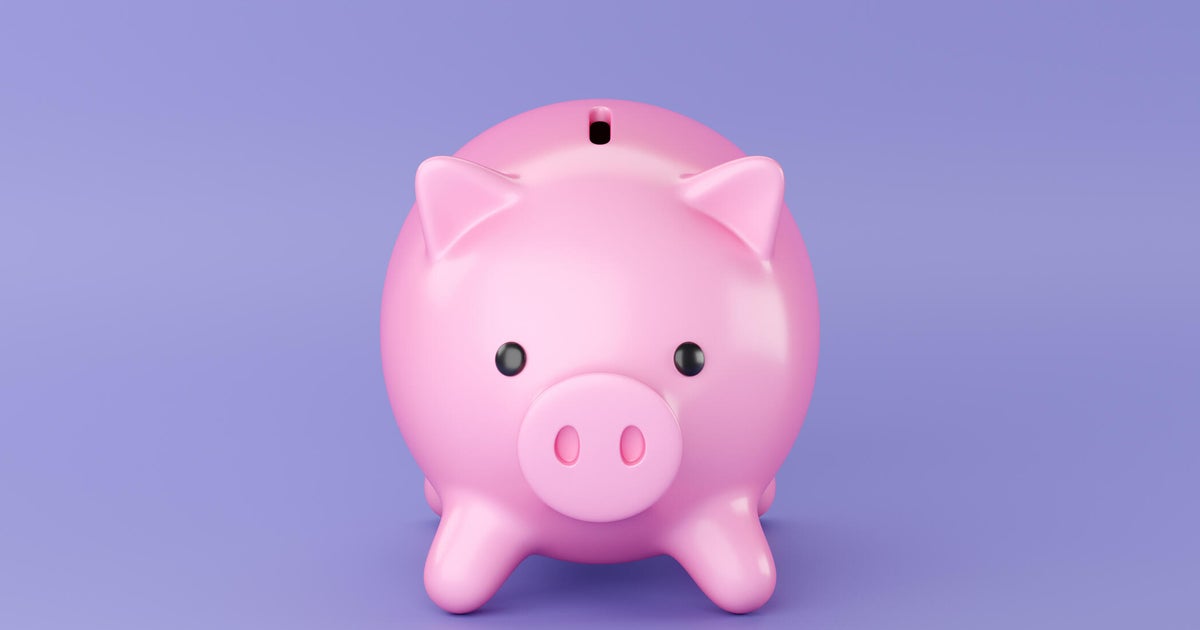Here's what Americans think is the best long-term investment
Although most Americans have money socked away in the stock market, that isn't what they see as the best long-term investment, according to a new survey from Gallup. So what is?
That would be real estate, with 36% of respondents pointing to that old pillar of the American Dream as the best place to invest their money, the polling organization found in its annual economy and personal finance survey. Stocks ranked second, with 22% rating it as the best choice for returns over time.
The survey offers a peek into the mindset of the typical investor, whose opinions may be swayed more by the recent pandemic run-up in housing prices rather than the actual long-term returns of property ownership versus stocks. To be sure, real estate can definitely pay off, with the asset class returning about 215% since 2000, according to the S&P CoreLogic Case-Shiller home index.
Yet the S&P 500 has returned 287% over that same period.
Real estate values have slipped from their record high at the end of 2022, when the median home sale price reached $479,500, but home prices are still well above their typical levels prior to the pandemic, Gallup noted. Meanwhile, the S&P 500 touched a record high on Wednesday after new data showed inflation eased slightly last month.
"The recent performance of real estate and stocks likely explains their high position on the list this year," Gallup said.
About 62% of Americans say they are invested in the stock market, which can include individual stocks, mutual funds or money saved in a retirement savings account, according to Gallup. That's little changed from last year's survey, but reflects one of the highest rates of stock ownership since 1998, when the organization started tracking the measure.
Gallup based its finding on an April telephone survey of roughly 1,000 adults living across the U.S.
Is gold a good investment?
Meanwhile, about 18% of those polled said they viewed gold as providing the best long-term returns, down from 25% a year earlier.
Gold is often viewed as an inflation hedge, which has drawn more investors to the precious metal in recent years. Long-term, gold has been worth its weight in, well, gold, with the price of an ounce of the shiny metal surging about seven-fold since 2000.
Even so, investing in gold has its downsides, including the hurdles of cashing out of the investment compared with the ease of selling stocks and other liquid investments. Gold also doesn't pay dividends or interest, unlike stocks, bonds, CDs and other holdings.
Interestingly, Gallup detected a partisan divide when it comes to attitudes toward gold, with 27% of Republicans viewing the metal as a good long-term investment, compared with only 7% for Democrats.
That may also boil down to differences in opinion about the economy, with Republicans more likely to espouse negative views about the current economic situation than Democrats. If you believe that inflation could flare up again, for instance, you may be more likely to turn to gold as a way to hedge your bets.
What kind of financial instruments don't make the grade as a long-term investment, according to the Gallup findings? Only 13% of those polled said they like savings accounts or CDs, perhaps a hangover from the years of meager returns as the Federal Reserve kept interest rates near zero after the 2008 financial crisis. And only 3% of respondents indicated a taste for cryptocurrency, which is notoriously volatile.





